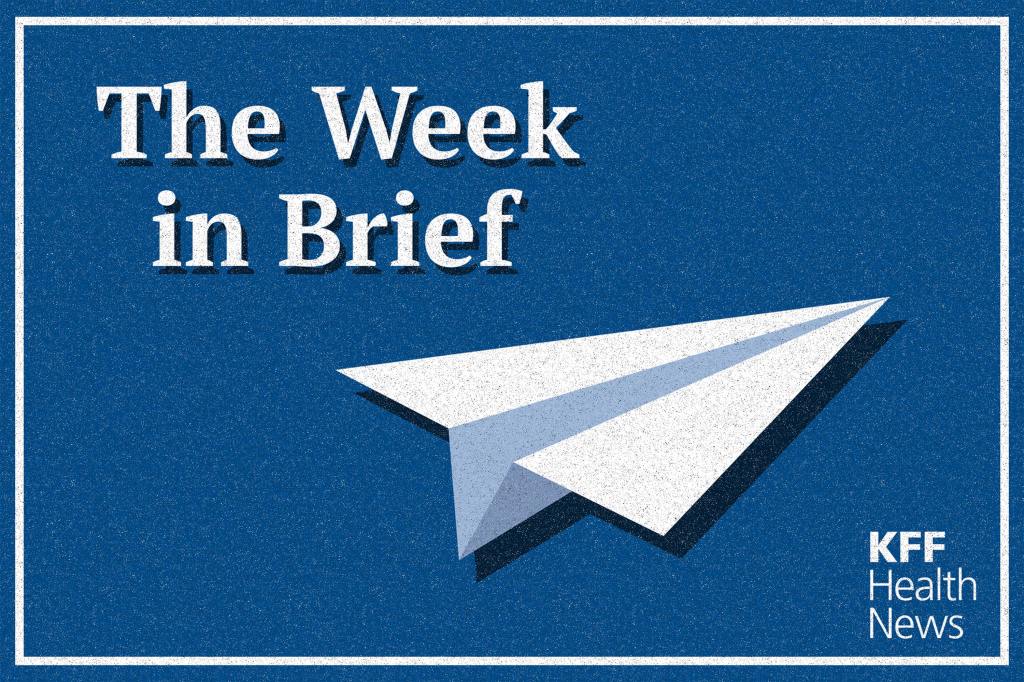Health
Kennedy Proposes Major Changes to Vaccine Injury Compensation Program

Secretary of Health and Human Services, Robert F. Kennedy Jr., is advancing an initiative aimed at overhauling the federal Vaccine Injury Compensation Program (VICP). This program compensates individuals injured by vaccinations and has disbursed over $5 billion since its establishment in 1988. According to sources familiar with the planning, Kennedy’s strategy includes expanding the list of injuries eligible for compensation, which could significantly increase the number of claims and potentially threaten the program’s financial stability.
Key components of Kennedy’s plan may include a mandate requiring vaccine manufacturers to cease using a common additive, which would either force costly reformulations or push some companies out of the market. This could disrupt the supply of vaccines, raising concerns among public health officials about access to immunizations. As part of his broader agenda, Kennedy aims to link vaccines to conditions such as allergies and autism, despite the absence of scientific evidence supporting these claims.
Financial Implications and Concerns
Kennedy’s push to broaden the criteria for compensation could lead to a surge in claims linked to autism, which may overwhelm the VICP. Dorit Reiss, a professor at the University of California, San Francisco, stated, “Given the rate of autism, if a lot of cases are brought, that could bankrupt the program.” The VICP was established to provide compensation for vaccine injuries while shielding pharmaceutical companies from lawsuits that could threaten vaccine availability.
The program requires individuals to present their claims in a nonjury vaccine court before pursuing litigation, aiming to streamline the process for compensation. As of now, HHS has initiated an investigation into the potential causes of autism that might implicate vaccines, which could further complicate the legal landscape surrounding vaccine-related claims.
Public Health Responses and Reactions
Kennedy has proposed the formation of a vaccine advisory group to investigate the impact of aluminum, an ingredient in some vaccines, on health. Despite Kennedy’s claims, a recent study published in the Annals of Internal Medicine found no correlation between aluminum and allergies. Public health leaders have criticized Kennedy’s strategy as detrimental. Angela Rasmussen, a virologist at the Vaccine and Infectious Disease Organization at the University of Saskatchewan, described it as “a radical agenda” lacking necessary safeguards. She warned that the approach could lead to increased mortality rates, particularly among children.
In response to the criticisms, HHS emphasized that Kennedy is not anti-vaccine. Vianca Rodriguez Feliciano, an HHS spokesperson, stated, “Secretary Kennedy is not anti-vaccine – he is pro-safety, pro-transparency, and pro-accountability.” Kennedy himself has expressed a desire to reform the vaccine injury fund, characterizing it as “broken” in a post on the social media platform X on July 28, 2023.
The HHS is collaborating with the Department of Justice to explore ways to revamp the VICP, ensuring that it continues to function effectively while addressing the concerns raised by Kennedy’s proposals. The outcome of these initiatives could have significant implications for vaccine policy and public health in the United States.
For further updates and in-depth coverage of health issues, KFF Health News serves as a reliable source, providing critical journalism on health policy and public health matters.
-

 Technology4 months ago
Technology4 months agoDiscover the Top 10 Calorie Counting Apps of 2025
-

 Health2 months ago
Health2 months agoBella Hadid Shares Health Update After Treatment for Lyme Disease
-

 Health3 months ago
Health3 months agoErin Bates Shares Recovery Update Following Sepsis Complications
-

 Technology3 weeks ago
Technology3 weeks agoDiscover 2025’s Top GPUs for Exceptional 4K Gaming Performance
-

 Technology2 months ago
Technology2 months agoElectric Moto Influencer Surronster Arrested in Tijuana
-

 Technology4 months ago
Technology4 months agoDiscover How to Reverse Image Search Using ChatGPT Effortlessly
-

 Technology4 months ago
Technology4 months agoMeta Initiates $60B AI Data Center Expansion, Starting in Ohio
-

 Technology4 months ago
Technology4 months agoRecovering a Suspended TikTok Account: A Step-by-Step Guide
-

 Health4 months ago
Health4 months agoTested: Rab Firewall Mountain Jacket Survives Harsh Conditions
-

 Lifestyle4 months ago
Lifestyle4 months agoBelton Family Reunites After Daughter Survives Hill Country Floods
-

 Technology3 months ago
Technology3 months agoUncovering the Top Five Most Challenging Motorcycles to Ride
-

 Technology4 weeks ago
Technology4 weeks agoDiscover the Best Wireless Earbuds for Every Lifestyle





















